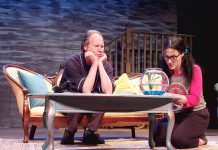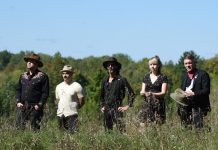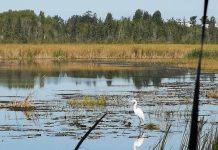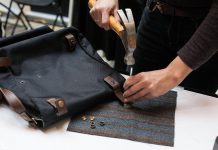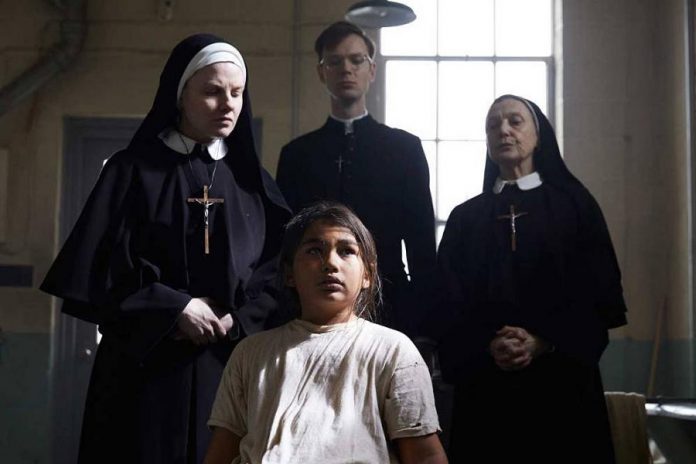
The award-winning film Indian Horse, which was partially shot in Peterborough with local Indigenous actors, opens today (April 13) in theatres across Canada including Galaxy Cinemas in downtown Peterborough.
Based on the 2012 novel by the late acclaimed Ojibway writer Richard Wagamese, the film covers 30 years in the life of Saul Indian Horse, who is torn away from his Anishnaabe family in the 1950s at the age of eight and committed to one of Canada’s notorious Catholic residential schools.
There, Saul is denied the freedom to speak his language or embrace his Indigenous heritage, while he witnesses horrendous abuse at the hands of the very people entrusted with his care.
VIDEO: “Indian Horse” Trailer
Saul eventually finds salvation in hockey, which he secretly teaches himself to play, developing a unique and rare skill that eventually leads him away from the residential school to play professionally. However, his past continues to haunt him and threatens to derail his career and his future.
The residential school scenes were shot in Peterborough in 2016 at The Mount Community Centre, which used to be a convent run by the The Sisters of St. Joseph, a Roman Catholic religious congregation of women.
Several other Peterborough locations appear in the film, which was also shot in Sudbury and Killarney Provincial Park. The film features 45 local Indigenous youth from the Hiawatha, Curve Lake, Scugog, and Alderville First Nations.
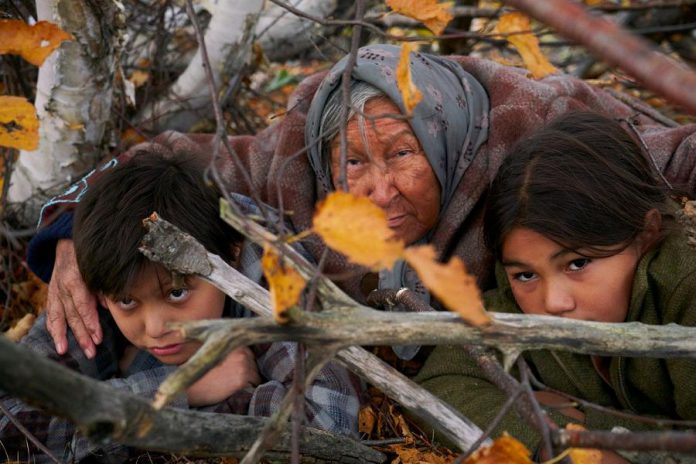
Another local connection with Indian Horse is 77-year-old Edna Manitowabi’s role as Saul’s grandmother.
An Anishnaabekwe elder from Wikwemikon on Manitoulin Island, Manitowabi is a longtime advocate for Indigenous people and a retired professor in the Indigenous Studies Department at Trent University, where she helped establish Nozhem Theatre, the university’s dedicated Indigenous performance space.
Manitowabi is herself a residential school survivor. She was taken away from her family when she was six years old and committed to a residential school in Spanish, Ontario.
“I will never forget the look on my mother’s face when she put me on the bus,” Manitowabi says in a Sudbury Star interview. “I was the last one to be taken, and she was powerless because if she didn’t, if she hid me or kept me then it meant jail.”
While she spent less than three years at the school, as with the fictional Saul Indian Horse, the effects are long lasting.
“You don’t forget,” she says. “It’s in your body. It’s in your memories. There’s still things I still carry like not being worthy, not being good enough, not smart enough. All of those tendencies are still there.”
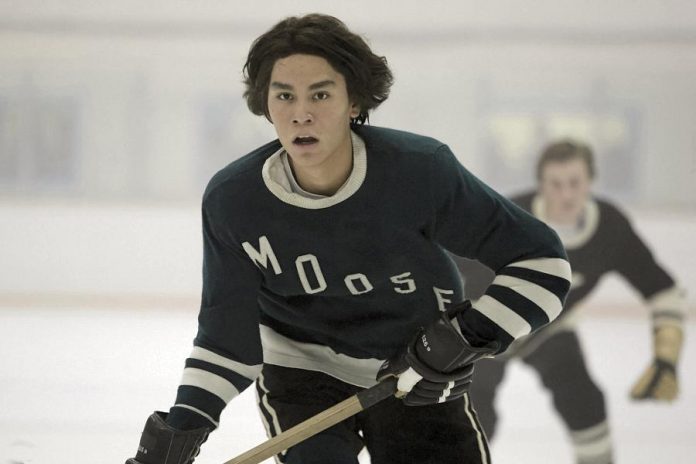
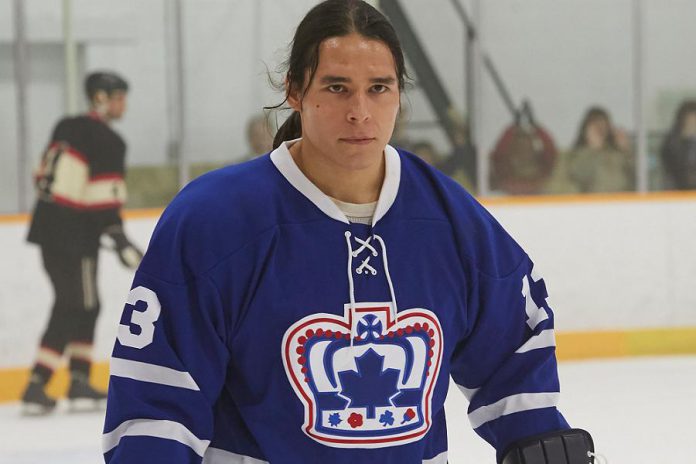
The title role of Saul is portrayed at different stages of his life by newcomers Sladen Peltier and Ajuawak Kapashesit along with Forrest Goodluck (The Revenant). The film also stars Michiel Huisman (Game of Thrones, The Age of Adeline) and Michael Murphy (Fall, Away from her, X-Men).
The characters speak the Ojibwe language, which is translated in subtitles.
The film’s script was written by Dennis Foon, based on Wagamese’s novel. Although Wagamese read the script, he never saw the completed film — he died at the age of 61 in March 2017 while the movie was still being made.
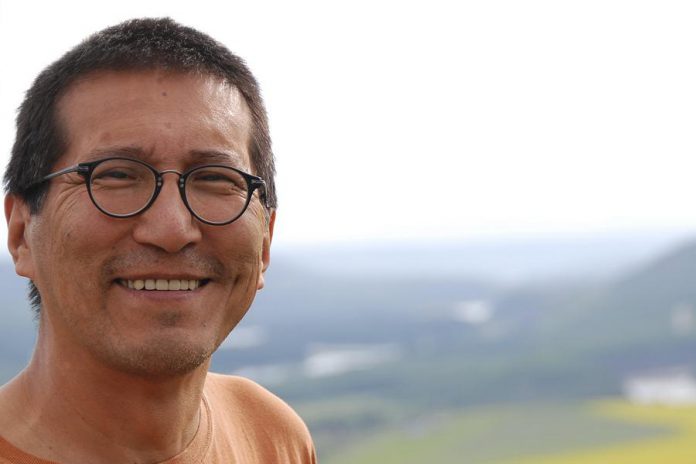
The film is directed by Canadian Stephen S. Campanelli. His work as a camera operator with Clint Eastwood over the last 20 years led to Eastwood signing on as executive producer to help promote the film.
When Campanelli showed the film to Eastwood, the four-time Oscar winner was shocked by the legacy of Canada’s residential school system.
“How come no one knows about this?” Eastwood said, according to Campanelli. “People need to see this movie.”
VIDEO: An excerpt from “Indian Horse” filmed in Peterborough
Some local residents have already seen the film in advance of its nation-wide release.
A special reserved screening was held on March 2nd at Wenjack Theatre at Trent University for the local Indigenous youth who participated in the film, along with their families and members of local First Nations communities, followed by a public screening on March 3rd. Producer Paula Devonshire attended both screenings for a questiona and answer session.
Indian Horse has won multiple awards at film festivals, including the People’s Choice Award at the 2017 Vancouver International Film Festival.
For more information about the film, visit www.indianhorse.ca.







